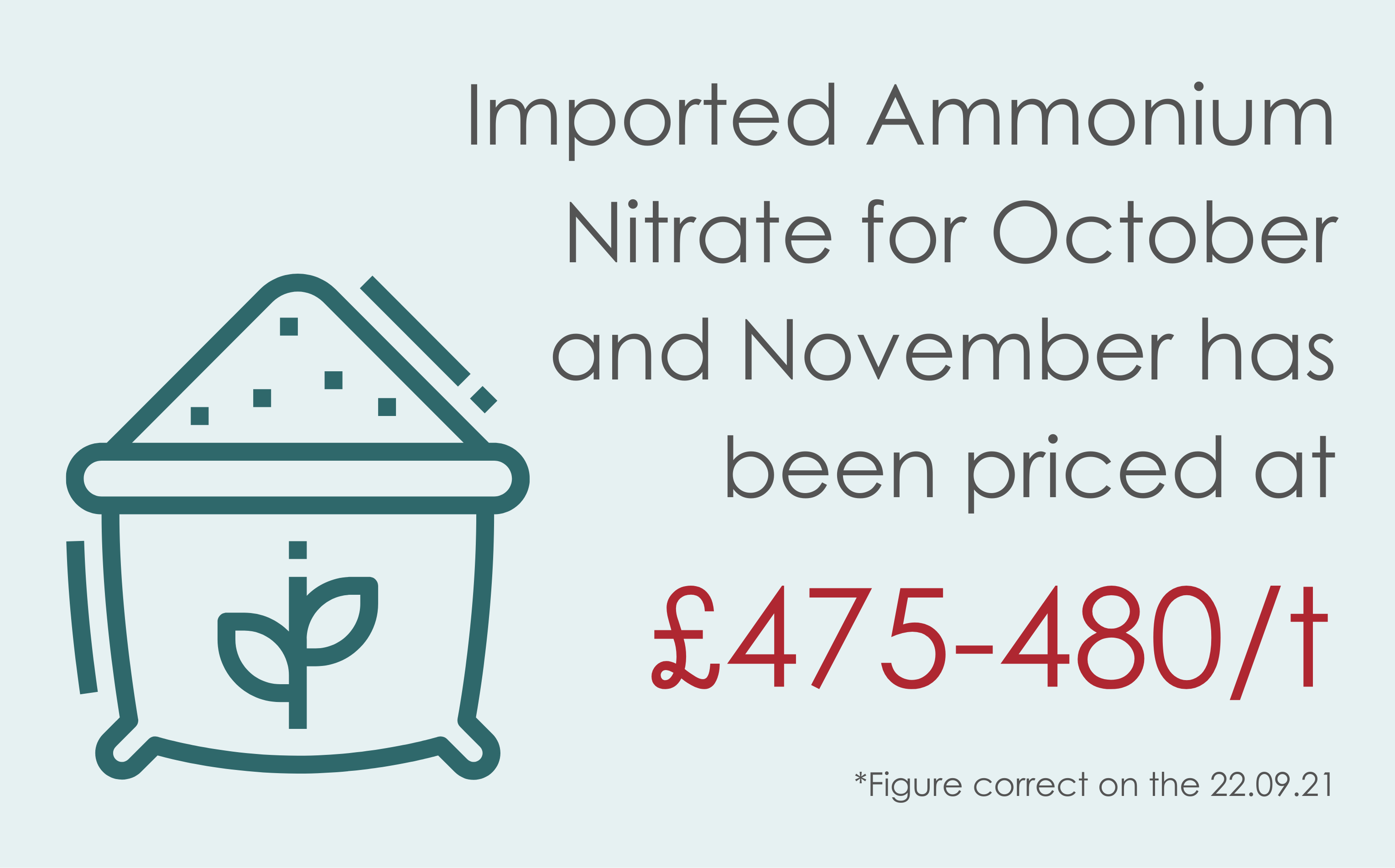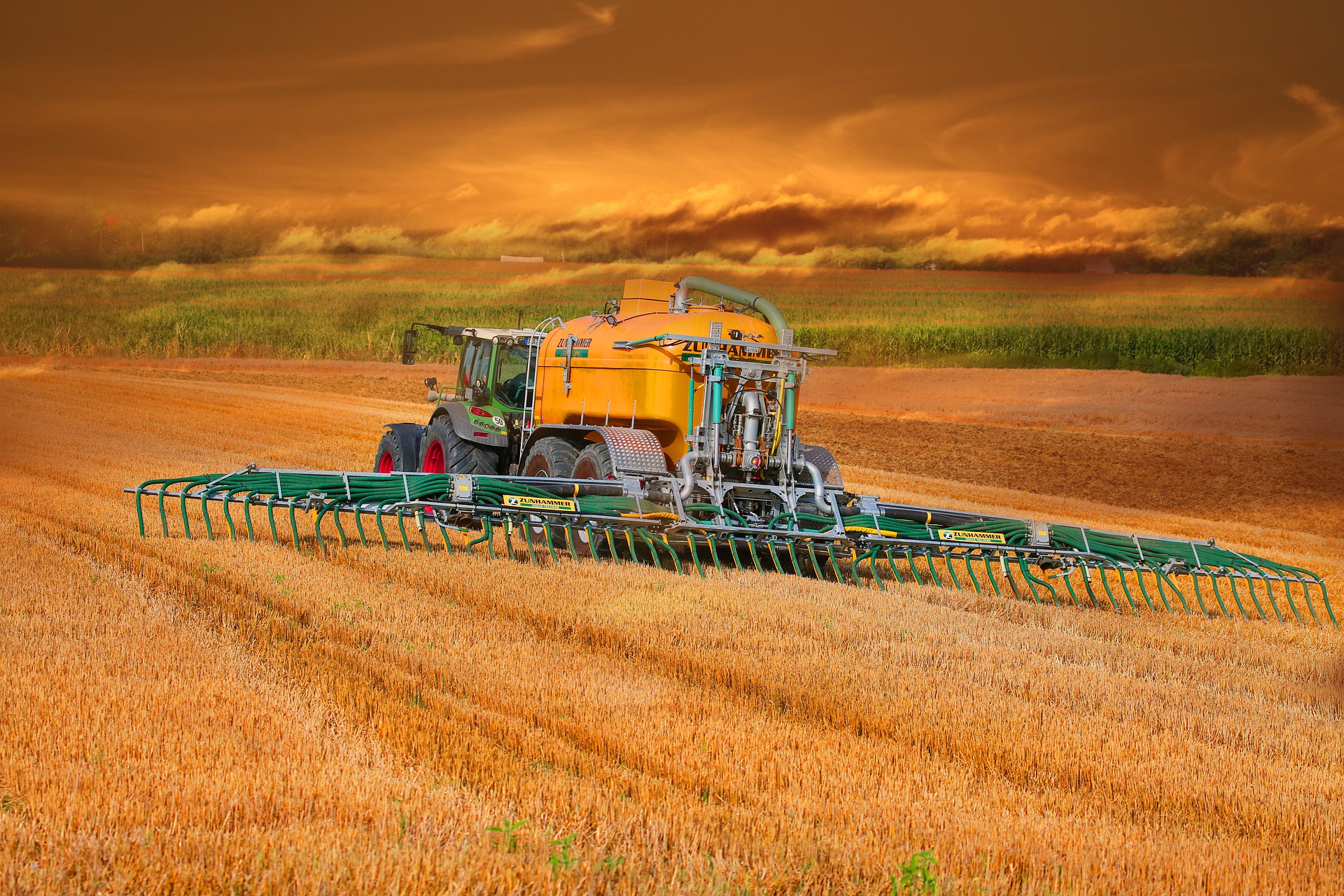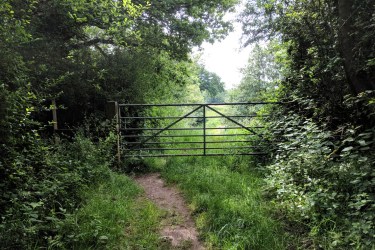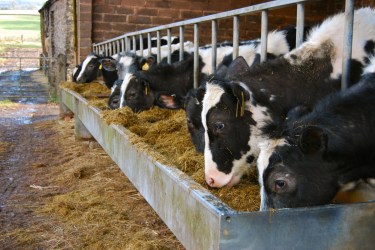By Emma Thompson
You may have seen the term ‘UK energy crisis’ splashed across the headlines in recent days. It refers to a perfect storm of market forces that has plunged the energy system into chaos and has the potential to collapse a wave of energy suppliers.
Of course, your first thought goes straight to Covid-19 and the impact this has had on the economy. Yet we can’t forget about China’s appetite for energy and the fact that it’s always a key driver of global market prices.
Not to mention a global labour crisis, the UK’s North Sea gas platforms closing for maintenance and supply problems also causing a concoction of issues. The long and short of it is, all these factors have collided together to cause a shortage in gas.
What does this mean for the agri-food industry?
Two big fertiliser plants have been forced to shut and although the government has reached an agreement for one of them to restart production, it is a short-term solution to what could have the potential to be a long-term issue. It’s going to take a great deal of time for the CO2 market to adapt to new global gas prices.
We’re inevitably going to see a knock-on effect, particularly as these two sites produce more than 1.5 million tonnes of fertiliser a year, or about 40% of the UK’s fertiliser needs.
The carbon dioxide produced by the plants is used to manufacture soft drinks and certain veg, meat and poultry packaging, in order to extend its product shelf life.
It’s also used to stun pigs and poultry before they are slaughtered; an area that has already been fighting against its fair share of problems due to the pandemic. An even greater backlog would mean farmers have no option but to slaughter on farm.
These factors all have the potential to substantially impact beef prices, whether that be a rise in price due to beef becoming the only feed option, or a fall if the packaging issues spilled over into beef sold in that format. It is a good lesson in understanding the food supply chains that your outputs are entering.
Even with the short-term agreement that has been struck there are still considerable upwards pressures on fertiliser prices too, largely linked to the big increase in natural gas prices.

What can you do going forward?
Don’t panic. There are ways and means of overcoming these obstacles. The key is to look in detail at your farm business and evaluate your assets and opportunities. If you’re having to keep your beef cattle on farm for longer, then ask yourself if you have enough silage. Enough forage?
If you’re worried about fertiliser, then turn to the unused sources that you have. Take your lagoon as an example; don’t just look at this as waste, find the nitrogen within it and utilise it. It’s going to take planning and forward-thinking, but there are things you can do to ensure your farm business doesn’t feel the full force of Europe’s energy crisis.
Make sure to look out for more blogs on the ‘energy crisis’, offering guidance and support on how to find the opportunities on your farm.








